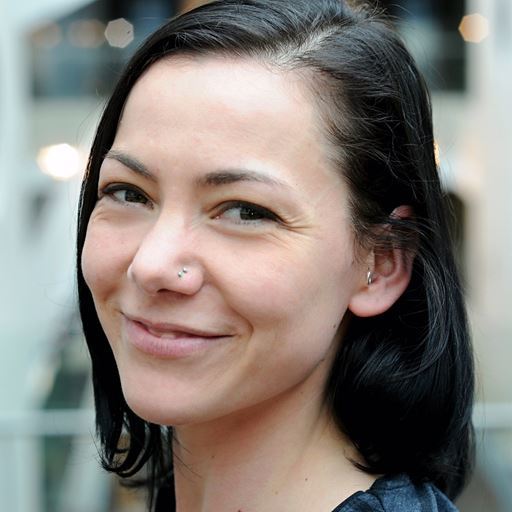At the age of 20 Lauren O’Connell sought help from a counsellor at a local eating disorder charity. While she recognised that she was struggling, she initially found a diagnosis of anorexia hard to accept because she didn’t feel she had a serious eating disorder. However, over time, the diagnosis had an important influence on her identity.
As she explained: “When a medical professional diagnoses someone with anorexia nervosa it is supposed to help in better understanding the nature of their struggles and in providing access to treatment.
“For me, the diagnoses powerfully impacted on my sense of who I was and where I belonged in the world. It acted as a blueprint for who I could become and this had serious implications for my eating-related distress and how I engaged with treatment. In the long run, it contributed to the prolonging of my struggles.”
Now a PhD student in the Department of Sociology at the University of Essex, Lauren is exploring what having a diagnosis means to people and the impact it can have on their treatment and ultimate recovery.
“This is important given the limited success of current clinical interventions. Anorexia is associated with high rates of treatment drop-out and relapse and no specific treatment programme demonstrates sustained long-term benefits. There is therefore a need to better understand how clinical procedures – including the act of diagnosis itself – affect the individual and their experience of treatment and recovery,” she said.
Lauren’s explanation of her research has been short-listed in the Better Lives science writing competition, organised by the Economic and Social Research Council (ESRC) and SAGE Publishing. ESRC-funded PhD students were asked to explain how their research has an impact on improving the lives of people and Lauren is one of 12 finalists from 117 applicants. Entrants were encouraged to write 800 words that would capture the interest of the public engage people with their research and demonstrate their writing and communications skills.
Professor Shamit Saggar, one of the judges for the competition, said: “We examined many excellent examples of work that showed the very best of the ESRC-supported doctoral research that was both intellectually strong and highly focused on tackling real-world practical social problems. The finalists amply demonstrate that social science maters in shaping evidence-led solutions.”
Lauren, from Leigh on Sea, near Southend, has been invited to a ceremony at the British Academy in London on Thursday (4 April), when the winners will be announced.





